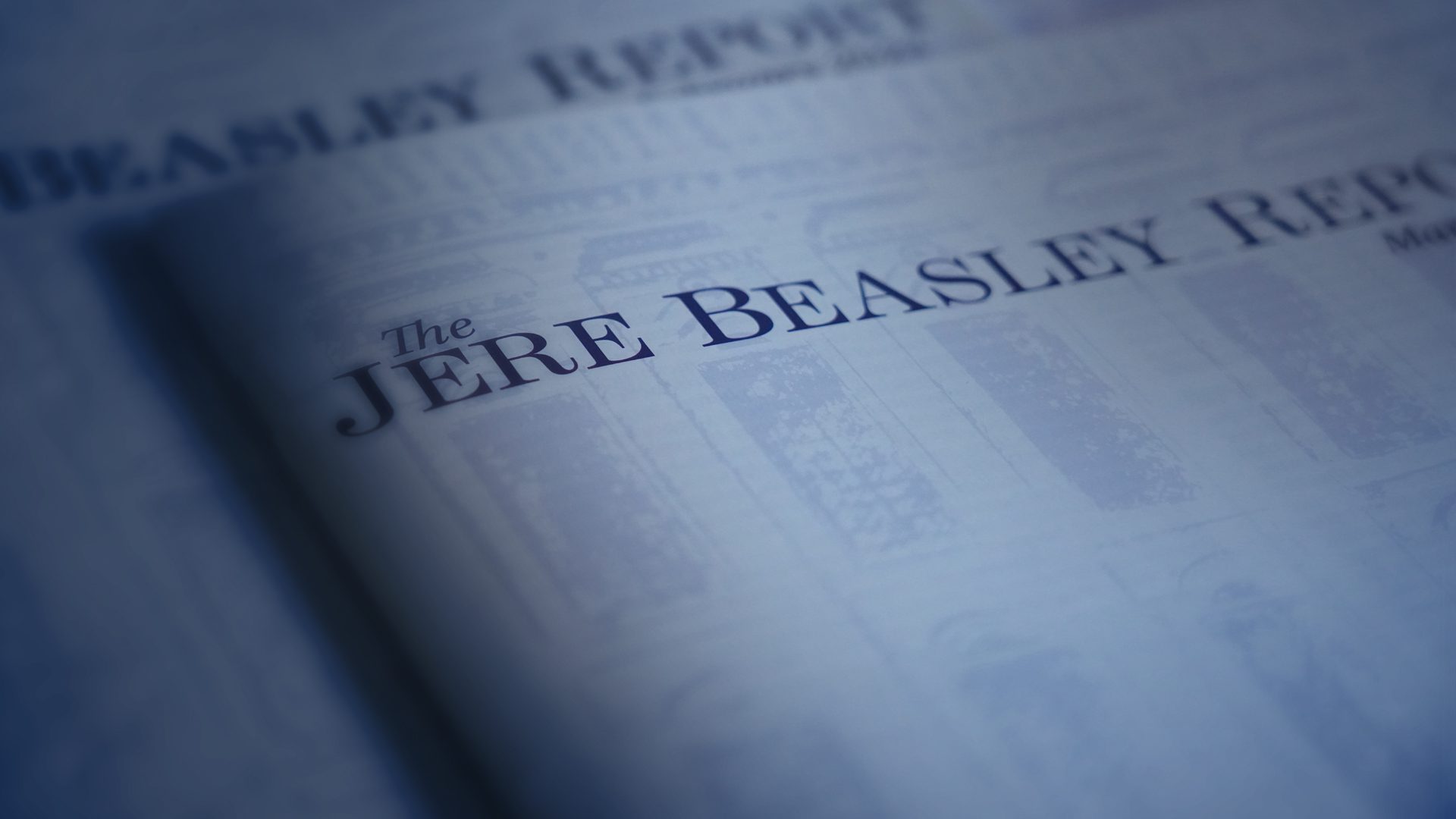

**Apple’s App Store Class Action Decertification: A Legal Summary**
In a pivotal legal shift, U.S. District Judge Yvonne Gonzalez Rogers has overturned her previous decision to certify a class action lawsuit against Apple, which alleged that the tech company was monopolizing the iPhone app marketplace. This ruling follows an extended legal struggle that included numerous procedural obstacles and modifications to the case’s scope.
### Case Background
The lawsuit originated from allegations that Apple controlled the distribution of iOS apps by mandating that users acquire apps solely through the App Store. This practice purportedly led to increased costs for consumers. The case traces back to the original iPhone’s launch, emphasizing the ongoing examination of Apple’s business conduct in the digital arena.
In 2022, Judge Rogers opted not to certify the class action, but in early 2024, she changed her stance, restricting the class to Apple account holders who had spent $10 or more on apps or in-app purchases. Nonetheless, the latest decision signifies another change, as the judge detected issues within the plaintiffs’ damages model.
### Court’s Key Findings
The court’s choice to decertify the class action was primarily founded on the plaintiffs’ failure to effectively prove harm on a classwide basis. Judge Rogers remarked that the plaintiffs did not present a dependable model capable of demonstrating injury and damages throughout the class. An expert engaged by Apple pointed out “alarming” inaccuracies in the plaintiffs’ model, which included:
– Confusion between named plaintiff Robert Pepper and another claimant, “Rob Pepper,” despite overlapping personal details.
– The consolidation of over 40,000 payment records for individuals named “Kim,” lacking any additional shared characteristics.
These inconsistencies raised considerable concerns regarding the credibility of the plaintiffs’ assertions and their capacity to represent a group of consumers.
### Responses to the Ruling
In the wake of the decision, an Apple representative conveyed satisfaction with the court’s recognition of the plaintiffs’ inability to show harm, reiterating the company’s dedication to keeping the App Store a secure and reputable platform for users and a feasible business opportunity for developers.
On the other hand, a member of the plaintiffs’ legal team expressed dismay over the ruling and indicated that they would evaluate their forthcoming actions in light of the decision.
### Conclusion
The decertification of the class action against Apple highlights the intricacies of antitrust litigation within the technology sector. As the legal environment continues to adapt, this case serves as a reminder of the hurdles plaintiffs encounter in establishing classwide damages and the thorough examination that courts apply to such assertions. The outcome of this case may have wider repercussions for the regulation of app distribution and the competitive practices of large tech companies.